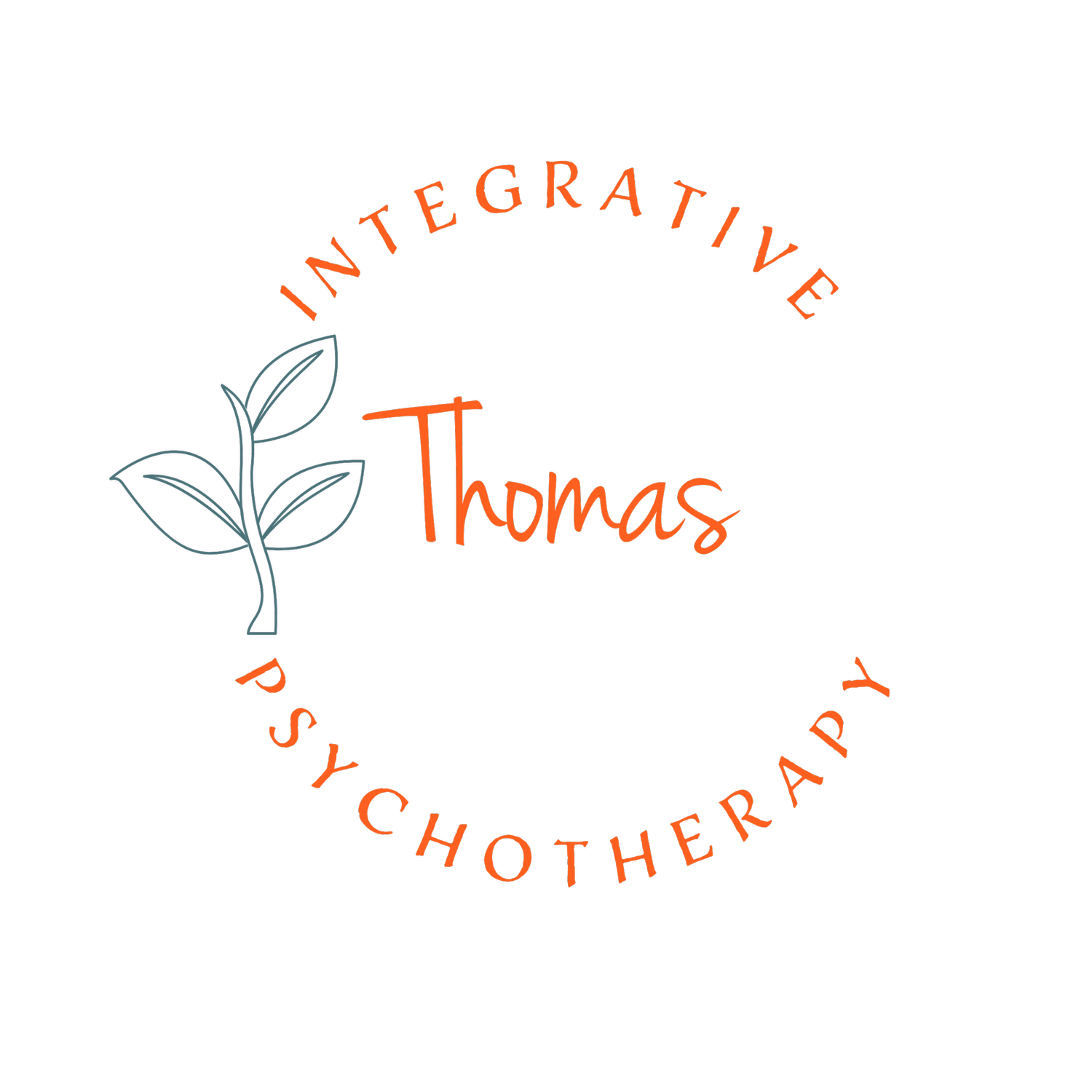How to Determine if a Therapist is the Right Match for You; A Comprehensive Guide to Finding the Perfect Fit
Selecting the right therapist is crucial for your emotion work. A skilled therapist can provide the guidance, resources, and insights needed to navigate life's complexities. However, finding a therapist who meets your individual needs can feel overwhelming. Here is a detailed guide to help you evaluate whether a therapist is suitable for you.
1. Assess Your Requirements
Before you start your search, identify your needs and goals for therapy. Consider questions such as:
- What issues do you want to address through therapy? (symptoms of depression, healing past trauma, reducing alcohol use, improving feelings of self-worth, etc.)
- Is there a life change that you are working toward? (courage to change careers, start dating again, implement self-care, etc.)
Understanding your needs will help you streamline your search process and find a therapist who specializes in the areas that matter most to you.
2. Verify Qualifications and Expertise
Ensure that the therapist you are considering is licensed and has the necessary credentials. Look for:
- Professional licenses such as Licensed Independent Clinical Social Worker (LICSW), Licensed Professional Counselor (LPC), Licensed Marriage and Family Therapist (LMFT), and others.
- Relevant experience in helping individuals with similar experiences
- Any additional certifications or specialized training
3. Consider Their Approach and Methods
Inquire about the therapist's methods and how they adapt their techniques to meet individual client needs.
- Do you have a preference for a specific therapy approach (IFS, CBT, Strengths-based, etc)?
- In past therapy, what has been particularly helpful, or not helpful to you?
4. Evaluate the First Meeting
During an initial consult or intake session, pay attention to:
- Do you feel at ease talking to this therapist? Do they create a comfortable environment for you?
- Do they actively listen and respond in a way that makes you feel heard, understood, and respected?
- Is there a connection between you both? Do you sense a feeling of trust evolving?
5. Evaluate Their Availability and Accessibility
Consider factors such as:
- Is the therapist's office conveniently situated, or are they able to provide tele-sessions to your location?
- Do their office hours match your schedule? How easy is it to schedule an appointment?
- Is this therapist able to bill your health insurance?
6. Feelings Are Messages
Your intuition plays a role in selecting a therapist. If something feels off, it's okay to explore other options. Therapy is a journey, and it's important to collaborate with someone you feel at ease with.
By following this guide you can find a therapist who best suits you. The goal is to establish a bond that nurtures your healing, growth, and recovery. Take your time and select a therapist who caters to your individual needs.
